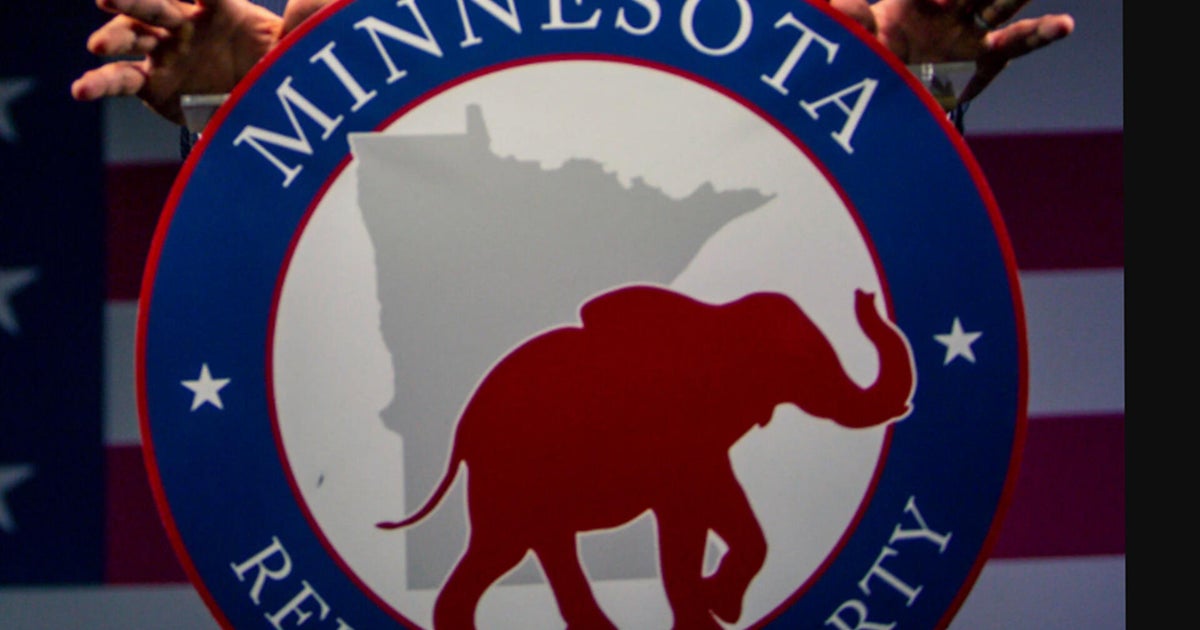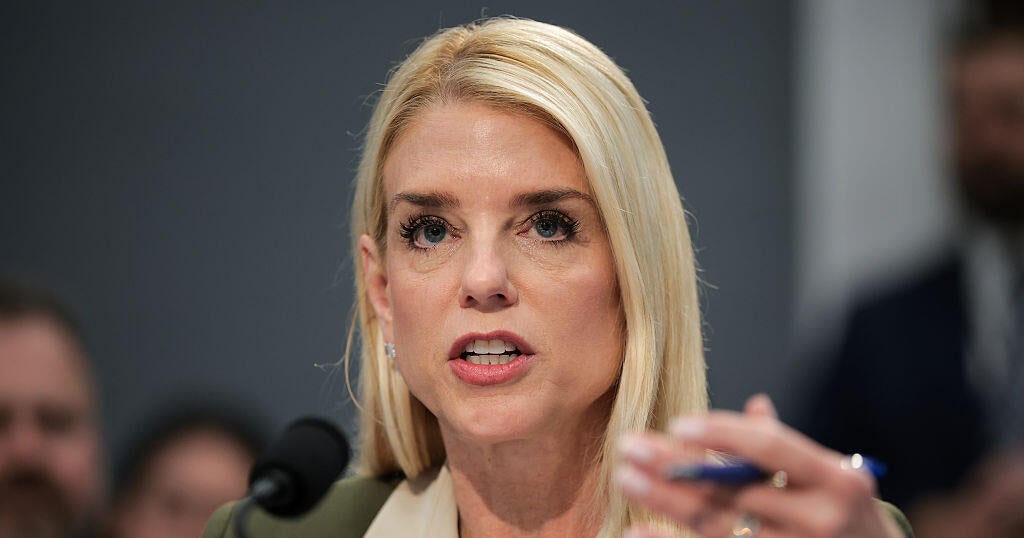Wisconsin Republicans say Tuesday primary should take place as planned
Republican leaders in the Wisconsin Legislature are rejecting proposals from Governor Tony Evers to make major changes to the upcoming April 7 election. Evers asked the legislature to hold a special session on Saturday afternoon to vote on making the election almost entirely vote-by-mail and on significantly extending the deadlines for voting.
Evers, a Democrat, asked state lawmakers to vote on a plan to send an absentee ballot by May 19 to every registered voter in the state who has not yet requested one. Under the proposal, the deadline to send in ballots would also be extended to May 26. The proposal also sought to scrap in-person voting, in essence, except for a provision to provide access for disabled voters and voters who have other difficulties or are unable to read, write or understand English.
But in a joint statement, Wisconsin Assembly Speaker Robin Vos and Senate Majority Leader Scott Fitzgerald said they are not planning to take up Evers' proposals and believe "the election should continue as planned on Tuesday."
"If the governor had legitimate concerns, we could have come to a bipartisan solution weeks ago," the joint statement said. "The only bipartisan discussion we've had was to ensure the election would continue safely and to maximize the opportunity to vote absentee."
Wisconsin has stood alone in refusing to move its primary as a result of the coronavirus pandemic. Eleven states and Puerto Rico have delayed their primary dates, and five others have moved to conduct their primaries or caucuses with mail voting. A state supreme court seat and many other local races are on the ballot, in addition to the presidential primary, in Wisconsin.
"Our Republic must continue to function, and the many local government positions on the ballot must be filled so that municipalities can swiftly respond to the crisis at hand," Vos and Fitzgerald said in their statement.
Last week, Evers did not try to delay the election, but he did ask the legislature to provide absentee ballots to all registered voters, to allow ballots to be postmarked up until Primary Day and to give clerks more time to count ballots. Election officials said that proposal would be difficult to achieve, and it was shot down by Republican leaders in the legislature.
The COVID-19 pandemic has caused a dramatic shortage of poll workers in Wisconsin. Earlier this week, the Wisconsin Elections Commission reported that as of Monday night, nearly 60% of Wisconsin municipalities reported a shortage of poll workers. Collectively, they were short almost 7,000 poll workers.
On Friday, Milwaukee, which normally operates 180 voting sites, announced there would be just five in-person voting centers around the city. The city usually has 1,400 election workers, but has only 350 this year.
"I can't ignore the municipal leaders from Green Bay to Milwaukee to Waukesha that they have now significantly condensed the number of polling locations available, creating a dangerous situation where voters, staff and volunteers will not be able to avoid large groups or practice social distancing when they go out to vote," Evers said in a video message Friday when he asked for the changes to the election. "This is a significant concern and a very unnecessary public health risk."
Wisconsin has also seen a surge of absentee ballot requests because of the coronavirus pandemic. Nearly 1.2 million voters had requested absentee ballots by Friday morning.
A day ago, a federal judge refused to move the state's primary but extended the deadline to return absentee ballots from 9:00 p.m. ET on April 7 to 5:00 p.m. ET on April 13. The judge said on Friday that election results can't be reported until that April 13 deadline.
In his ruling on Thursday, U.S. District Judge William Conley ripped into the governor and state legislators for not making changes to the election, but said it wasn't his place to move the date of the election.
"Without doubt, the April 7 election day will create unprecedented burdens not just for aspiring voters, but also for poll workers, clerks, and indeed the state," Conley wrote. "As much as the court would prefer that the Wisconsin Legislature and Governor consider the public health ahead of any political considerations, that does not appear in the cards. Nor is it appropriate for a federal district court to act as the state's chief health official by taking that step for them. "
The Republican National Committee and Wisconsin Republican Party appealed Conley's decision. But on Friday night, the Seventh Circuit Court of Appeals rejected requests from Republicans for a stay in the decision to extend the absentee ballot deadline to April 13, meaning that extension will stay in place.
But the appeals court did put a hold on a ruling from Judge Conley that would have allowed voters to return ballots without a witness signature, as long as they provided a written statement that they weren't safely able to obtain one despite "reasonable efforts to do so." After the ruling, the Wisconsin Elections Commission tweeted "effective immediately, all voters must have a witness signature on their ballot for it to be counted."
In a statement after the ruling, Vos and Fitzgerald, the GOP legislative leaders, applauded the decision on witness signatures — but said they plan to appeal the absentee extension to the Supreme Court.
"We still have grave concerns about election security by allowing votes to be postmarked or submitted after Election Day, and plan to appeal that issue to the United States Supreme Court," the statement said.



